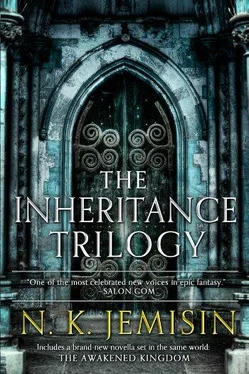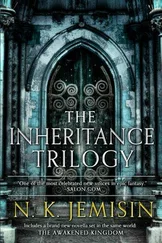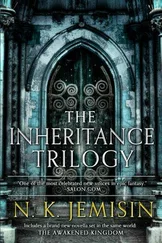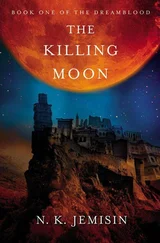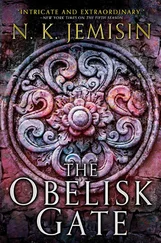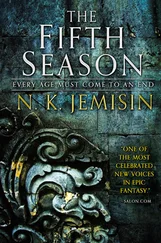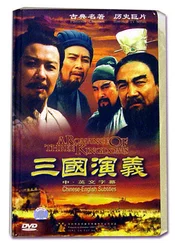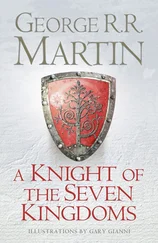At first I saw only delicate lines of gold limn the shape of a man. Dewdrops of glimmering silver beaded along his flesh and then ran down it in rivulets, illuminating the texture of skin in smooth relief. I saw some of those rivulets move impossibly upward, igniting the filaments of his hair, the stern-carved lines of his face.
And as I stood there, my hands damp with paint and my door standing open behind me, forgotten, I saw this glowing man draw a deep breath—which made him shimmer even more beautifully—and open eyes whose color I would never be able to fully describe, even if I someday learn the words. The best I can do is compare it to things I do know: the heavy thickness of red gold, the smell of brass on a hot day, desire and pride.
Yet, as I stood there, transfixed by those eyes, I saw something else: pain. So much sorrow and grief and anger and guilt, and other emotions I could not name because when all was said and done, my life up to then had been relatively happy. There are some things one can understand only by experience, and there are some experiences no one wants to share.
Hmm. Perhaps I should tell you something about me before I go on.
I’m something of an artist, as I’ve mentioned. I make, or made, my living selling trinkets and souvenirs to out-of-towners. I also paint, though my paintings are not meant for the eyes of others. Aside from this, I’m no one special. I see magic and gods, but so does everyone; I told you, they’re everywhere. I probably just notice them more because I can’t see anything else.
My parents named me Oree. Like the cry of the southeastern weeper-bird. Have you heard it? It seems to sob as it calls, oree , gasp, oree , gasp. Most Maroneh girls are named for such sorrowful things. It could be worse; the boys are named for vengeance. Depressing, isn’t it? That sort of thing is why I left.
Then again, I have never forgotten my mother’s words: it’s all right to need help. All of us have things we can’t do alone.
So the man in the muck? I took him in, cleaned him up, fed him a good meal. And because I had space, I let him stay. It was the right thing to do. The human thing. I suppose I was also lonely, after the whole Madding business. Anyhow, I told myself, it did no harm.
But I was wrong about that part.
He was dead again when I got home that day. His corpse was in the kitchen, near the counter, where it appeared he’d been chopping vegetables when the urge to stab himself through the wrist had struck. I slipped on the blood coming in, which annoyed me because that meant it was all over the kitchen floor. The smell was so thick and cloying that I could not localize it—this wall or that one? The whole floor or just near the table? I was certain he dripped on the carpet, too, while I dragged him to the bathroom. He was a big man, so that took a while. I wrestled him into the tub as best I could and then filled it with water from the cold cistern, partly so that the blood on his clothes wouldn’t set and partly to let him know how angry I was.
I’d calmed down somewhat—cleaning the kitchen helped me vent—by the time I heard a sudden, violent slosh of water from the bathroom. He was often disoriented when he first returned to life, so I waited in the doorway until the sounds of sloshing stilled and his attention fixed on me. He had a strong personality. I could always feel the pressure of his gaze.
“It’s not fair,” I said, “for you to make my life harder. Do you understand?”
Silence. But he heard me.
“I’ve cleaned up the worst of the kitchen, but I think there might be some blood on the living-room rugs. The smell’s so thick that I can’t find the small patches. You’ll have to do those. I’ll leave a bucket and brush in the kitchen.”
More silence. A scintillating conversationalist, he was.
I sighed. My back hurt from scrubbing the floor. “Thanks for making dinner.” I didn’t mention that I hadn’t eaten any. No way to tell—without tasting—if he’d gotten blood on the food, too. “I’m going to bed; it’s been a long day.”
A faint taste of shame wafted on the air. I felt his gaze move away and was satisfied. In the three months he’d been living with me, I’d come to know him as a man of almost compulsive fairness, as predictable as the tolling of a White Hall bell. He did not like it when the scales between us were unbalanced.
I crossed the bathroom, bent over the tub, and felt for his face. I got the crown of his head at first and marveled, as always, at the feel of hair like my own—soft-curled, dense but yielding, thick enough to lose my fingers in. The first time I’d touched him, I’d thought he was one of my people, because only Maroneh had such hair. Since then I’d realized he was something else entirely, something not human, but that early surge of fellow-feeling had never quite faded. So I leaned down and kissed his brow, savoring the feel of soft smooth heat beneath my lips. He was always hot to the touch. Assuming we could come to some agreement on the sleeping arrangements, next winter I could save a fortune on firewood.
“Good night,” I murmured. He said nothing in return as I headed off to bed.
Here’s what you need to understand. My houseguest was not suicidal, not precisely. He never went out of his way to kill himself. He simply never bothered to avoid danger—including the danger of his own impulses. An ordinary person took care while walking along the roof to do repairs; my houseguest did not. He didn’t look both ways before crossing the street, either. Where most people might fleetingly imagine tossing a lighted candle onto their own beds and just as fleetingly discard that idea as mad, my houseguest simply did it. (Though, to his credit, he had never done anything that might endanger me, too. Yet.)
On the few occasions I had observed this disturbing tendency of his—the last time, he had casually swallowed something poisonous—I’d found him amazingly dispassionate about the whole thing. I imagined him making dinner this time, chopping vegetables, contemplating the knife in his hand. He had finished dinner first, setting that aside for me. Then he had calmly stabbed the knife between the bones of his wrist, first holding the injury over a mixing bowl to catch the blood. He did like to be neat. I had found the bowl on the floor, still a quarter full; the rest was splashed all over one wall of the kitchen. I gathered he’d lost his strength rather faster than expected and had struck the bowl as he fell, flipping it into the air. Then he’d bled out on the floor.
I imagined him observing this process, still contemplative, until he died. Then, later, cleaning up his own blood with equal apathy.
I was almost certain he was a godling. The “almost” lay in the fact that he had the strangest magic I’d ever heard of. Rising from the dead? Glowing at sunrise? What did that make him, the god of cheerful mornings and macabre surprises? He never spoke the gods’ language—or any language, for that matter. I suspected he was mute. And I could not see him, save in the mornings and in those moments when he came back to life, which meant he was magical only at those times. Any other time, he was just an ordinary man.
Except he wasn’t.
The next morning was typical.
I woke before dawn, as was my longtime habit. Ordinarily, I would just lie there awhile, listening to the sounds of morning: the rising chorus of birds, the heavy erratic bap-plink of dew dripping from the Tree onto rooftops and street stones. This time, however, the urge for a different sort of morning overtook me, so I rose and went in search of my houseguest.
He was in the den rather than the small storage pantry where he slept. I felt him there the instant I stepped out of my room. He was like that, filling the house with his presence, becoming its center of gravity. It was easy—natural, really—to let myself drift to wherever he was.
Читать дальше
